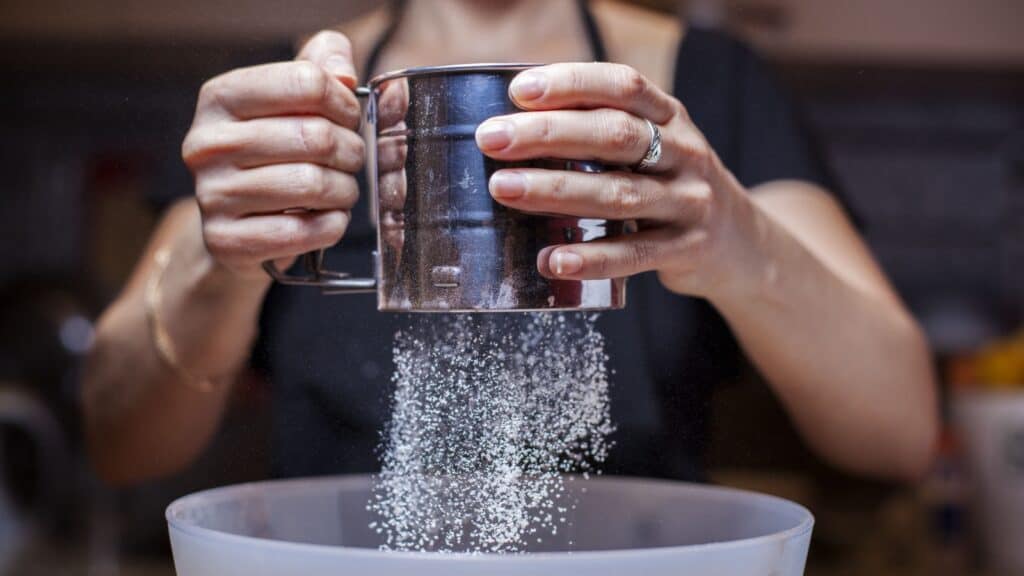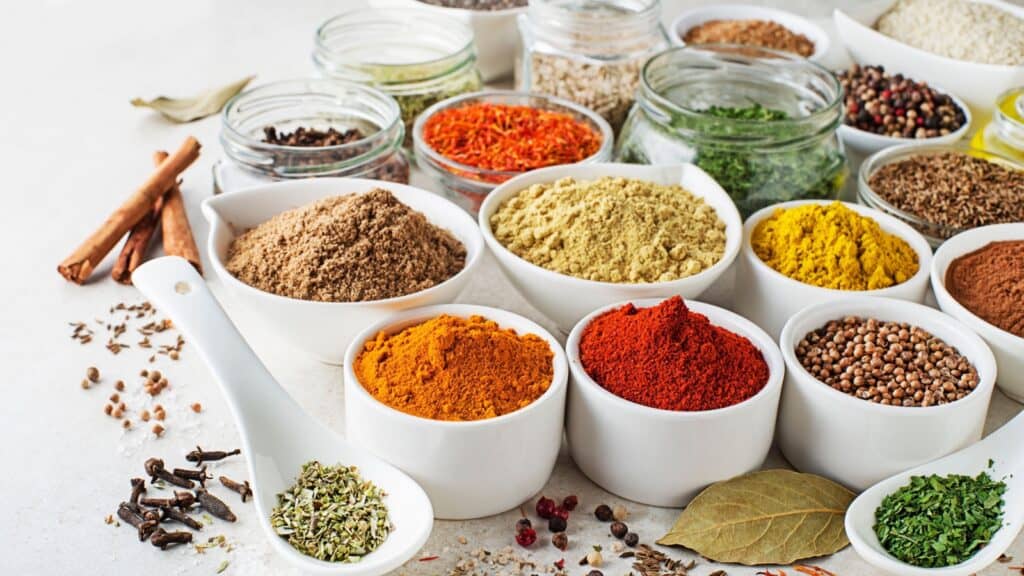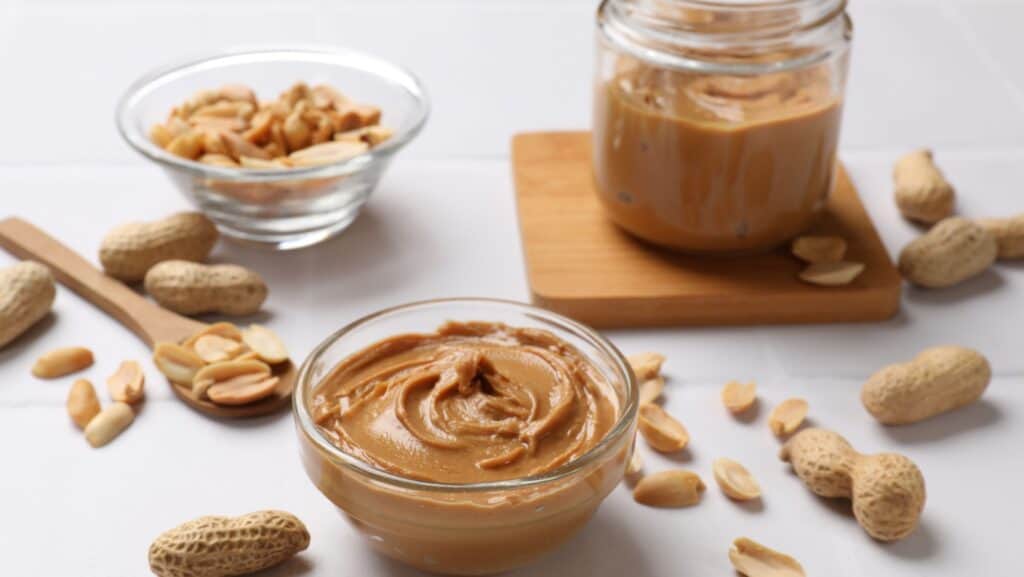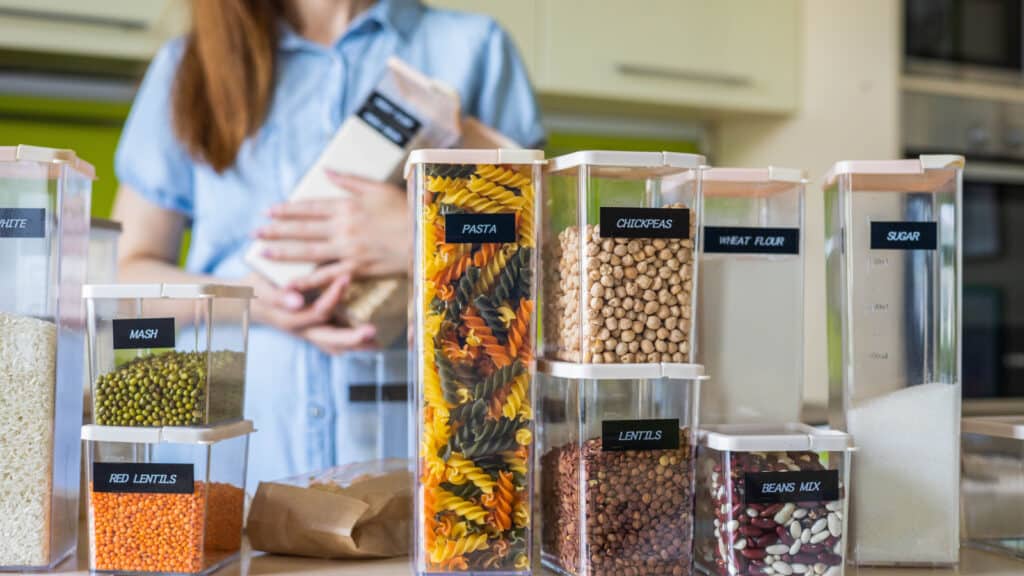12 Pantry Staples That Might Be Expired—and Why You Should Check
Pantry staples are the unsung heroes of the kitchen, offering convenience and reliability. However, many of these items sit on shelves far longer than intended, quietly expiring and losing their quality. Here are 12 common pantry items that are probably out of date and why it’s essential to check their freshness.
1. Flour

Flour is a baking staple found in nearly every pantry, but it doesn’t last forever. Regular all-purpose flour has a shelf life of about 6-8 months in a cool, dry place. Whole wheat flour, which contains natural oils, can spoil even faster. Rancid flour develops a sour smell and can alter the taste of your baked goods. To extend its life, consider storing flour in the refrigerator or freezer.
And while you are at it, check any breadcrumbs you have around.
2. Spices

Dried spices lose potency over time, even if they don’t technically “expire.” Ground spices like cinnamon, paprika, and cumin generally stay fresh for about 2-3 years, while whole spices like cloves and peppercorns can last up to 4 years. Old spices might not harm you, but they’ll fail to deliver the vibrant flavors you expect.
3. Vegetable Oil

Oils such as canola, vegetable, and olive oil can go rancid if stored too long. Most oils are good for 6-12 months when kept in a cool, dark place. Rancid oil smells unpleasant and can ruin the flavor of your dishes. If you’re unsure about an oil’s freshness, give it a sniff—an off or sour smell indicates it’s time to toss it.
4. Canned Goods

Canned vegetables, soups, and beans might seem like they last forever, but they usually have a “best by” date. While canned goods can often be safe to eat beyond this date, their quality—including taste and texture—may deteriorate. Look for signs of spoilage, such as dents, rust, or bulging lids, which indicate contamination.
5. Baking Powder and Baking Soda

These leavening agents are crucial for baked goods but lose effectiveness over time. Baking powder is typically good for about 6-12 months after opening, while baking soda lasts longer but still loses potency. To test their effectiveness, mix a small amount with water (baking soda) or water and vinegar (baking powder). If there’s no fizz, it’s time for a replacement.
6. Nuts and Seeds

Packed with healthy fats, nuts and seeds are a nutritious pantry staple, but their oils make them prone to rancidity. Most nuts and seeds last about 6 months at room temperature but storing them in the freezer can extend their shelf life. Rancid nuts and seeds develop a bitter taste and unpleasant odor. Check your peanut butter, too.
7. Honey

Honey is often touted as a natural preservative that never expires. While it doesn’t spoil in the traditional sense, honey can crystallize or change texture over time. Crystallized honey is still safe to eat, but it may be less appealing. To restore its smooth texture, warm the jar gently in hot water.
8. Condiments

Pantry condiments like ketchup, mustard, and soy sauce often outlive their freshness. While these items have preservatives to extend their shelf life, they’re not immune to spoilage. Check for changes in color, texture, or odor, which indicate it’s time to replace them. Opened bottles should always be stored in the refrigerator to maintain quality.
9. Rice and Grains

Dry rice and grains, such as quinoa and barley, can last for years if stored properly. However, brown rice has a shorter shelf life—around 6 months to a year—due to its higher oil content. Watch out for an off smell or tiny bugs, known as weevils, which can infest improperly stored grains.
10. Tea and Coffee

Tea bags and ground coffee lose flavor over time, even if they’re stored in airtight containers. Tea generally stays fresh for about 6-12 months, while coffee begins to lose its peak flavor after a few weeks. Old tea and coffee won’t make you sick, but they might leave you underwhelmed with their lackluster taste.
11. Pasta

Dry pasta seems indestructible, but it does have a shelf life. Most pasta is good for 1-2 years past the “best by” date, but its texture and flavor can degrade over time. If you notice a stale smell or visible signs of deterioration, like discoloration or tiny bugs, it’s time to toss it.
12. Chocolate

Chocolate lovers, beware! While chocolate doesn’t spoil in the traditional sense, it can develop a white coating called “bloom.” This occurs when fat or sugar rises to the surface due to temperature changes. Bloomed chocolate is still safe to eat but may taste off. For the best flavor, store chocolate in a cool, dry place and consume it within a year for dark chocolates. Milk chocolates that contain dairy, or white chocolate have even shorter shelf lives.
Why It Matters

Using expired pantry items might not always be dangerous, but it can affect the quality of your meals. Stale or rancid ingredients can compromise the flavor and texture of your dishes, leading to disappointing results. Additionally, consuming spoiled items, such as rancid oils or contaminated canned goods, can pose health risks.
How to Keep Your Pantry Fresh

To avoid the pitfalls of expired pantry items, follow these tips:
- Label and Date Use a marker to label items with their purchase or opening date. This helps you keep track of freshness.
- Store Properly Keep pantry items in cool, dry places, and use airtight containers to protect against moisture and pests.
- Organize Regularly Periodically review your pantry and rotate items, placing newer purchases behind older ones to ensure nothing gets overlooked.
- Buy in Smaller Quantities For items you use infrequently, opt for smaller packages to reduce waste.
- Check Before Use Always inspect ingredients for signs of spoilage before adding them to your dishes.
Conclusion

By paying attention to these common pantry staples, you can ensure that your meals are flavorful, fresh, and safe. Regularly auditing your pantry not only prevents waste but also enhances your cooking experience by guaranteeing the best possible ingredients for your culinary creations.
How to Buy Truly Good Olive Oil: A Guide to Getting the Real Extra Virgin Deal

Olive oil is a cornerstone of many cuisines, renowned for its health benefits and rich flavors. However, not all olive oils are created equal. The market is flooded with options, many of which claim to be “extra virgin” but fall far short of the standard. If you’re looking to buy truly good olive oil and ensure you’re getting authentic extra virgin olive oil (EVOO), here’s what you need to know.
READ: How to Buy Truly Good Olive Oil: A Guide to Getting the Real Extra Virgin Deal
Join Us

Join us on this empowering journey as we explore, celebrate, and elevate “her story.” The Queen Zone is not just a platform; it’s a community where women from all walks of life can come together, share their experiences, and inspire one another. Welcome to a space where the female experience takes center stage. Sign up for our newsletter so you don’t miss a thing, Queen!







